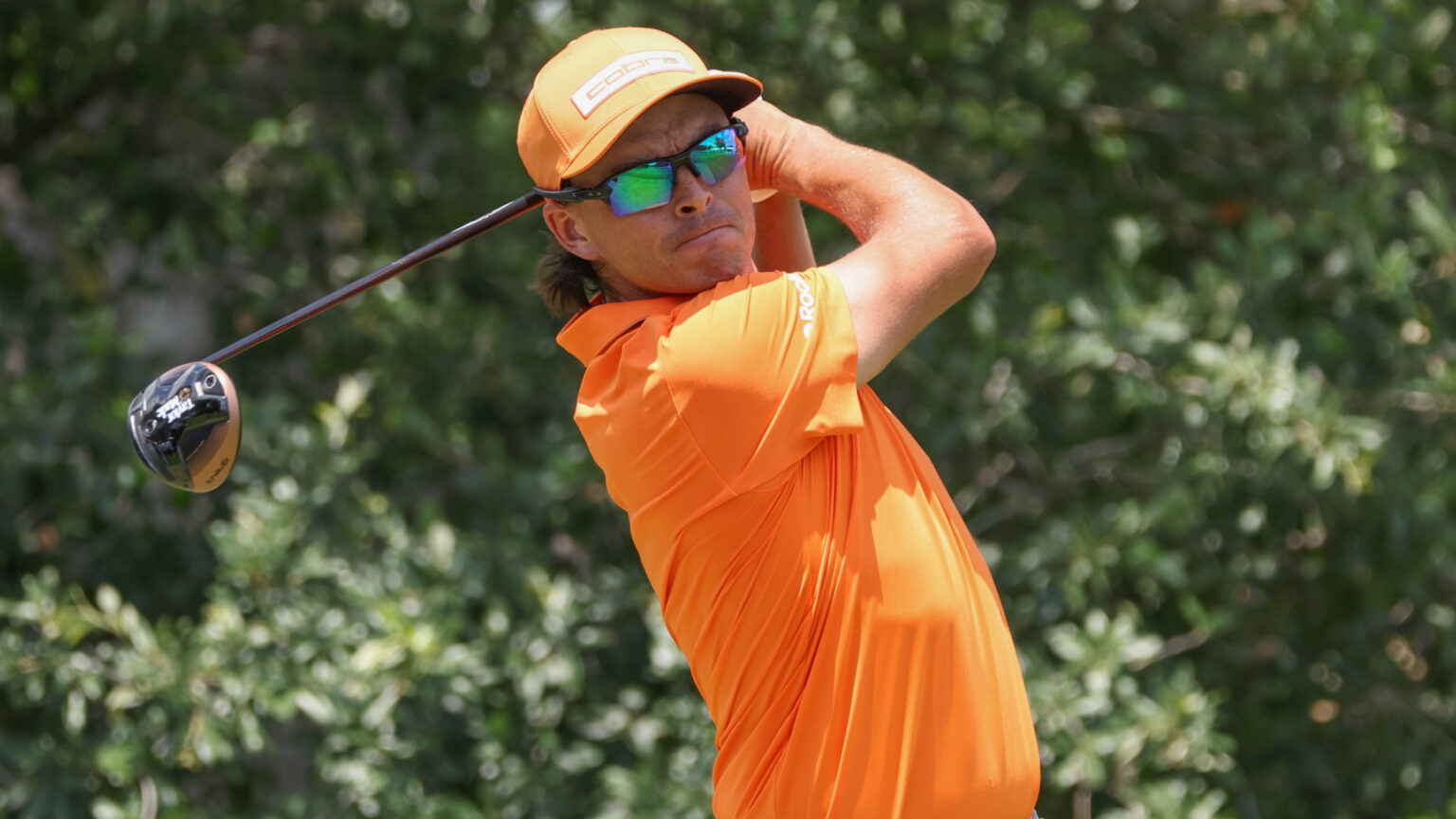The Future of Men’s Professional Golf: Insights from Rickie Fowler
As the landscape of men’s professional golf undergoes significant transformations, prominent players like Rickie Fowler are stepping forward to share their visions for the future. Recently, Fowler provided a fascinating perspective on a more streamlined PGA Tour, envisioning a circuit without the clutter of multiple Signature Events. This article explores Fowler’s insights, the current state of the PGA Tour, and what could lie ahead for golf enthusiasts and players alike.
The Rocket Classic: A Glimpse into the Current Tour
This week, Fowler is competing in the Rocket Classic in Detroit, a cherished event with a vibrant crowd. However, it’s worth noting the absence of some top players like Rory McIlroy, Scottie Scheffler, and Xander Schauffele, whose participation would typically elevate the competition. The timing of the Rocket Classic, following the intense US Open and preceding the intricate schedule of the Scottish Open and Open Championship, may have impacted player attendance.
Potential for the Rocket Classic as a Signature Event
Fowler, who clinched victory at last year’s Rocket Classic, was asked if he sees a future for the event as a Signature Event, ideally placed within the Tour schedule. His response hinted at larger considerations regarding the Tour’s overall structure and sustainability. Fowler emphasized the need for the PGA Tour to reflect a cohesive calendar where fewer events could lead to increased importance and excitement for each tournament.
A Call for Streamlined Events
The crux of Fowler’s argument centers around the belief that a smaller number of events and available tour cards would enhance the quality and significance of each competition. “It’s tough,” he stated, “but it will be interesting to see how this shakes out." He poses a thought-provoking question: as golf evolves, should all events strive to become major attractions, thereby encouraging players to adopt a more consistent schedule with fewer breaks?
Enhancing the PGA Tour Experience
Fowler argues that reducing the number of events can elevate the overall product. By presenting a more unified competition format, where distinctions between major events and regular tournaments blur, the Tour can become more appealing to both players and fans alike. There is a potential for increased continuity from premier events to lower-tier or alternate-field tournaments, promoting a richer golfing experience.
The Current Status of Rickie Fowler
Despite not currently ranking among the absolute elite on the PGA Tour and often needing sponsor invitations to participate in major events, Fowler maintains an optimistic view. He believes that streamlining the PGA Tour is ultimately beneficial for the sport as a whole. Golf should represent an elite standard, and all PGA Tour events should uphold that integrity, as opposed to diluting it with various classifications that confuse fans and players.
Elevating the Majors and Core Events
In discussing the significance of tournaments, Fowler distinguishes between the Majors, The Players Championship, and the remaining events on the calendar. He suggests that these core competitions should remain the pinnacle of the sport, overshadowing the lesser-known tournaments. “The Majors and The Players are the events that resonate both with avid fans and newcomers to golf,” he stated, underscoring their universal recognition.
The Challenge of Event Classification
Fowler’s views also address the complications that arise with the classification of PGA Tour events. He advocates for a scenario where every event retains the prestige associated with the PGA Tour, rather than being labeled as "elevated" or "opposite field." This would eliminate confusion among fans and provide a more solid platform from which to promote professional golfing events.
Scheduling and Event Coordination
The conversation also touches on the intricate scheduling systems that govern professional golf today. Fowler believes that a less complex arrangement, devoid of various event classifications, would ease scheduling conflicts and foster a more harmonious competitive atmosphere. This reimagined structure could allow players to focus on their performance while providing fans with a more engaging viewing experience.
Embracing Change in the Sport
Fowler’s insights shed light on the intense discussions currently underway regarding the future of golf, especially in relation to its commercial viability and fan engagement. As the sport aims to grow its audience, embracing change may be crucial. Streamlining events, elevating the significance of all tournaments, and fostering a clearer distinction between major competitions can help in building a robust future for the PGA Tour.
Conclusion: A Vision for the Future
Rickie Fowler’s vision for a more cohesive and streamlined PGA Tour offers a glimpse of how golf could evolve. By advocating for fewer events and promoting the inherent prestige of the sport, he aims to not only enhance player experiences but also ensure that golf maintains its allure for future generations. As discussions continue, fans and players alike will be watching closely to see how these changes unfold in the coming years.
In conclusion, the future of men’s professional golf may hinge on the ideas espoused by Fowler and other key players. The potential to redefine the PGA Tour as a more focused and resonant entity could set the stage for an exciting new era in golf, one that values quality over quantity and celebrates the game in its purest form.
